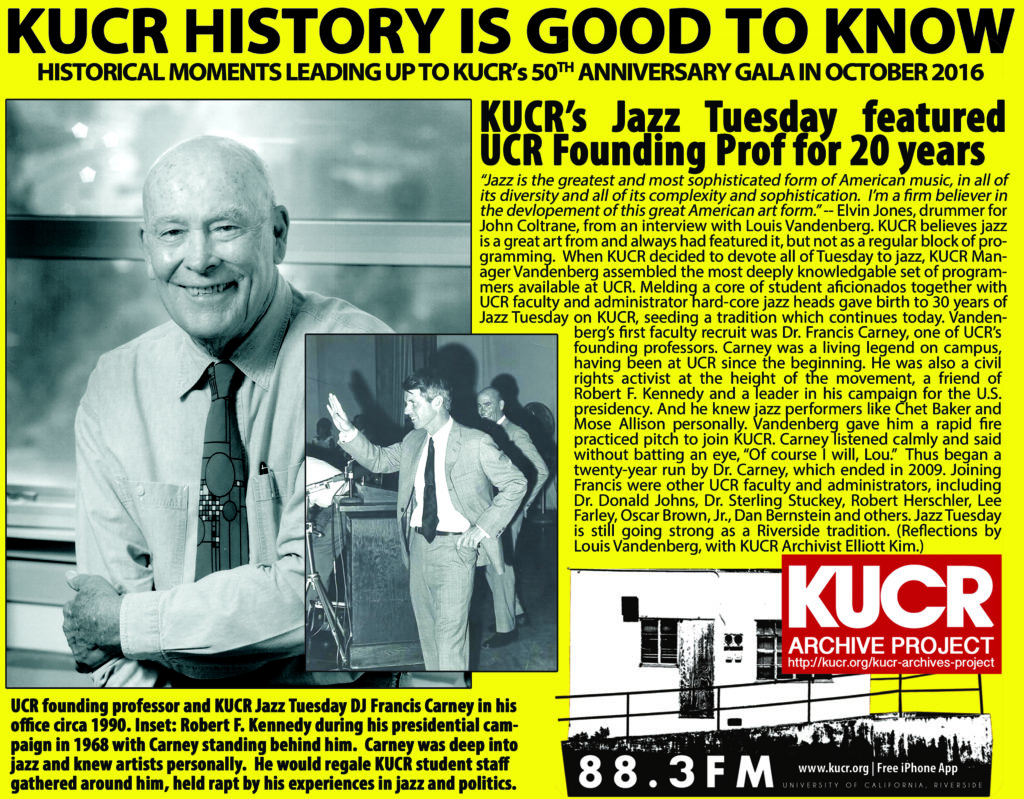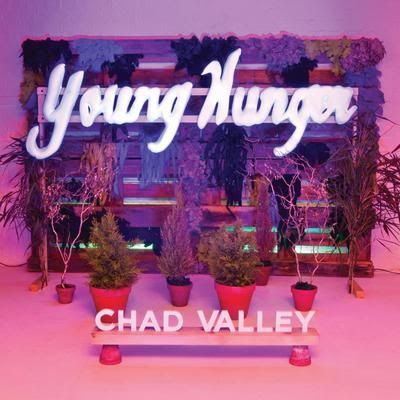Toro Y Moi “Anything in Return’ Album Review
Chaz Bundick’s—the mastermind behind Toro Y Moi—musical output can be described as amorphic; he helped pioneer the chillwave genre in “Causers of This,” while channeling his inner dance music enthusiast through the side project Les Sins. In a recent interview with Pitchfork, at his album pre-release event, Bundick stated that he “wanted to make a pop album…because [he] really liked that kind of music with big studio-sounding synths and auto-tune,” because if it was “done tastefully and properly, it can be enjoyable.” “Anything In Return” neatly marries the hip hop funk beats of Toro Y Moi and the poppier sounds of Les Sins. Toro Y Moi’s production values have steadily increased with each successive album, and his ability as an arranger is evident in the new album’s beautifully retro-chic vibe.
“Anything In Return” kicks off with what is arguably its catchiest track: “Harm In Change.” It shies away from Toro Y Moi’s trademark syncopated rhythms that brought chillwave to popularity and instead opts for a steadier baseline accompanied by driving melodies and a palette of piano chords. Bundick’s airy vocals whisper over the rich instrumentals and finely-placed female vocal samples, creating a mellow yet groovy ambiance for the listener. “Say That,” another standout number, unites the best elements of past experiments. The rippling beat works busily behind arpeggiated harmonies in an endless head-bobbing sensation. Vocals take a backseat in this song, which accentuates the punchier bass as it takes center stage in this instant crowd pleaser.
The lyrics, “How’s it wrong / Where I want it / I’m only built to show,” pose a rhetorical question for listeners, as it asks them to search for weaknesses in the music in the album closer “How’s It Wrong.” Moreover, it reveals Bundick’s never ending quest to enhance his musical voice and perfect his passionate approach to composing enjoyable tunes.
Bundick presents 12 delightfully danceable tracks in a medley of club-friendly cadences and iconic synths that date back to his chillwave era. Toro Y Moi’s music is infectious, intricate and no doubt time consuming, and “Anything In Return” manages to underscore his aptitude for warm, inviting sounds despite taking a poppier approach.
Rating: 4.5 stars
-Neil Chua (Cloud Ground WED 7p-8p)
Album Review: Wild Nothing- Nocturne

Album Review: Wild Nothing – Nocturne
“You wanna know me, / well what’s there to know?” Jack Tatum, the mastermind behind the one-man dream pop sensation, Wild Nothing, asks in the eponymous song of his latest album, Nocturne.
The 1980’s were not usually heralded as one of the best decades in music, instead they set the foundations for many modern bands trying to reinterpret and reinvent pop rock. Borrowing heavily from 80’s synth pop, Tatum believes his music is “what pop music used to be or even what pop music would be in [his] ideal world.” With this vision in mind, Tatum sets out to create music that perfectly fits into his genre of music, dream pop. It is evident that the mixture of hazy vocals, flowing guitar rifts, and washed-out synths in Tatum’s first two albums that he was still trying to explore and experiment with his ideal sound. Following his highly popular first album, Gemini, and the follow-up EP, Golden Haze, Tatum returns with a powerful sophomore album that really shows off his growth and maturity as a musician.
In a previous interview with Pitchfork.com, Tatum has stated that he was “definitely more interested in mood” over anything else in his music. This is apparent in his new album wherein he paints the same mood as his previous albums, but in a much higher quality that it breathes new vitality in the dream-pop community. Previously recording from his dorm in college, Tatum’s older albums conveyed a feeling of charming naiveté in the ramshackle drum machines he used and the insistent strumming of guitars. Now equipped with a live band, and much better synthesizers and microphones, the new album is much more refined and polished, filled with glistening guitar rifts and a careful patchwork of synth-pop rhythms. Tatum is able to give a more luxurious listening experience without being too flashy or boisterous.
Tatum kicks off the album with “Shadow” as it hooks the audience in with it’s driving beat that gives it a catchy feeling of immediacy. The song also goes through many asides between the lyrical verses to let the guitars and strings swoon their listeners with their smooth, hazy, and celestial melodies and harmonies. Immediately following this beautiful piece is “Midnight Song”, with its softer tone and occasional touches of the same brightness shown in “Shadow”. This piece, though not as upbeat and catchy as the first song helps to sets the stage for the album’s title song, “Nocturne.” Cleverly choosing “Nocturne” as the main point of the album, it is clear why Tatum chose this as the icon of his album. Nocturnes, songs that are usually inspired by the night, set the main theme for the album. “Nocturne’s” bouncing guitar rifts and synth-pop rhythms create a feeling of viewing small ripples and reflections in puddles on the ground, glistening with the light of the moon. Moreover, Tatum plays with the idea of exploring the joys and grief connected with love and how it is tied with the mysteriousness of the night. Finally, in the album’s longest song, “Paradise,” Tatum shows off what is probably the album’s best portrayal of his growth and maturity as a musician. With much more full-bodied sounds, the softer songs of the album become fleshier and much more layered with different voices. While Gemini relied on the extensive use of reverb to add levels of depth to its songs, Nocturne utilizes many more complex rhythms in conjunction with its multiple layers of sound to create a lush texture in the new songs. In “Paradise”, Tatum plays with a reverby disco beat as it cuts in and out with a glistening and growing ambient rift halfway through the song. The different cuts ebb and flow to create a fluid piece of music with many complex and conflicting melodies that mesh together to show how graceful Tatum is able to play with his medium of sound.
Many record labels and bands devote all of their time trying to mimic and continue the dreamy synth pop sounds of the era that Nocturne creates. Jack Tatum instead, works with the medium to create what he feels is his dream world of pop music. Nocturne seeks out to homogenize and streamline its sound, which seems inevitable in Tatum’s quest to perfect his dream pop sound, but it also sacrifices a bit in the diversity of his music. Don’t get me wrong, Nocturne is an excellent album that brings about a feeling of dreaminess and searching, but through the homogenous approach in creating this album, Tatum sacrifices the complexity and tension found in other less homogenous albums. Despite this small issue, Jack Tatum’s new album, Nocturne, makes his dream of creating a perfect dream pop sound a reality.
Album Review: Chad Valley- Young Hunger
Chad Valley – Young Hunger
4.5/5 stars
What wave? Chillwave. That’s right. Chad Valley, otherwise known as Hugo Manuel, the front man of Oxford based tropical rock group, Jonquil, is the British exponent of the genre purveyed by Toro y Moi, Washed Out, et al. It has been suggested for a while that the genre, chillwave, created during the summer of ’08 has long outlived it’s time and that it was just a passing phase. Well, why stop the party if you come out with such a great album as Chad Valley’s, Young Hunger.
Sure, it seems as if Manuel has come across the winning formula of the genre, which usually includes washed-out keyboards and livid vocals, hazy samples and drifting synthscapes but why mess with something that already works so well? Hugo has that perfect blend of chilled electronic music and smooth, almost silken vocals that make you feel as if you are in a serene terraced café overlooking the slow sunset of a cosmopolitan cityscape. In contrast to his hit EP song, Ensoniq Funk, that captures the lovely bittersweet energy of the end-of-the-summer, Young Hunger’s thick bass, beat breakdowns, and his 80’s pop tenor voice, make Manuel sound much more impassioned, especially when combined with the lyrics to the new tracks.
Another exciting aspect of the 11-track album are all of the collaborations that Manuel did with other famed pop artists. With half of the album done as collaborations with other artists, Young Hunger manages to keep it’s flow constantly moving as it is never bogged down in repetitious wistfulness, adding new levels of color, texture, and depth to each song.
The album starts off with a huge bang with I Owe You All This, a song in collaboration with Twin Shadow’s George Lewis Jr. The song starts off simple, slowly adding more and more elements and color to its palette. Manuel opens up the song with just a driving bass and drum beat while slowly adding in the synths, more instruments, and finally with George Lewis Jr. coming in to sing a duet with Manuel. Lewis’ lower and grittier register juxtaposes Manuel’s clean and pure higher register to add two separate and distinct dynamics to the song. Despite singing in slightly differing registers, the two effortlessly weave in and out as they both take separate solos.
Sandwiched in between the great opening song and another beautiful but slower, third song on the album, Tell All Your Friends is probably my favorite piece of the album. One of the few pieces from the album that wasn’t a collaboration, Hugo Manuel shows off his skills and interest in exploring pop as a viable outlet to express his creativity in music. Manuel begins t in this fragile falsetto by announcing, “Tell all your friends/ Tell everyone/ That all I can think about is you”. I don’t believe that Manuel meant it, but to me this line just screams to me to tell my friends about how amazing the song is. As with lots of chillwave, there is heavy use of synths, reverb, and a delay pedal, but with Manuel, he adds another special element by splashing small bursts of string instrumentals in between verses that makes the song feel like small patches of sunshine between clouds on a gray, overcast day.
Drenched in reverb, fluttering synths, and swirly rhythms, Young Hunger is the full realization of Chad Valley’s experimentation to refine his sound during his last two highly praised EP’s, though it is a bit less “tropical”. Nevertheless, Manuel effortlessly combines flowing vocals and dream-like synth rhythms to create a luxurious listening experience. Moreover, the collaborations with other popular artists, don’t detract from the magic of the album, but instead further add more levels of depth and color to the already flourishing songs of the album.







